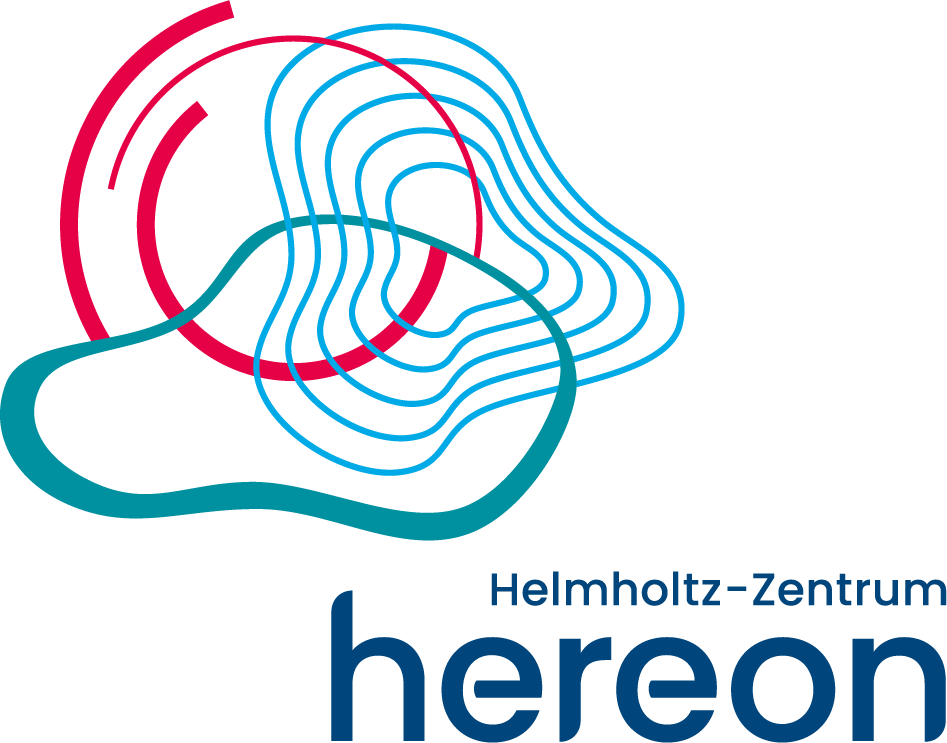MLZ is a cooperation between:
 > Technische Universität München
> Technische Universität München > Helmholtz-Zentrum Hereon
> Helmholtz-Zentrum Hereon
 > Forschungszentrum Jülich
> Forschungszentrum Jülich
MLZ is a member of:
 > LENS
> LENS > ERF-AISBL
> ERF-AISBL
MLZ on social media:

MLZ (eng)
Lichtenbergstr.1
85748 Garching
Development of Positron Beams and Instrumentation
Within the last decades, various techniques of positron annihilation spectroscopy (PAS) using low-energy positron beams became powerful tools in solid state physics and materials science for depth dependent and spatially resolved defect studies. The same holds for positron experiments in fundamental research that have benefited from the development of mono-energetic positron beams. There are two methods how positrons can be generated: for laboratory positron beams usually β+ emitters such as Na-22 are used as positron source. At large-scale facilities such as electron linacs or nuclear reactors, which provide high-energy γ radiation with high intensity, positrons are created by pair production. Independent of the source, the emitted positrons show a broad energy distribution which might reach up to several MeV. Therefore, the produced positrons have to be cooled (moderated) to become usable for the generation of a low-energy positron beam. In experimental setups a positron moderator is mounted close to the positron source in order to obtain a beam with narrow bandwidth without losing too much intensity. For moderation purposes metals with negative positron work function, e.g. W, or solid rare gases (mainly Ne) are applied. Thus, besides a strong positron source an efficient moderator and an optimized positron extraction geometry are crucial to provide a maximum flux of monoenergetic positrons. Details of the positron beam facility at NEPOMUC can be found here.
Head of Research Group
Prof. Dr. Christoph Hugenschmidt
Phone: +49 (0)89 289-14609
E-Mail: christoph.hugenschmidt@frm2.tum.de
Physics with Positrons
> Home
> News
> Team
> Research:
- Positron Beams
- Defect Spectroscopy
- Free Volume
- Electronic Structure
- Surface Physics
- Fundamental Research
> Publications & Presentations
> Teaching
> Photo Gallery
> Funding
> Useful Links
MLZ is a cooperation between:
 > Technische Universität München
> Technische Universität München > Helmholtz-Zentrum Hereon
> Helmholtz-Zentrum Hereon
 > Forschungszentrum Jülich
> Forschungszentrum Jülich
MLZ is a member of:
 > LENS
> LENS > ERF-AISBL
> ERF-AISBL
MLZ on social media:


